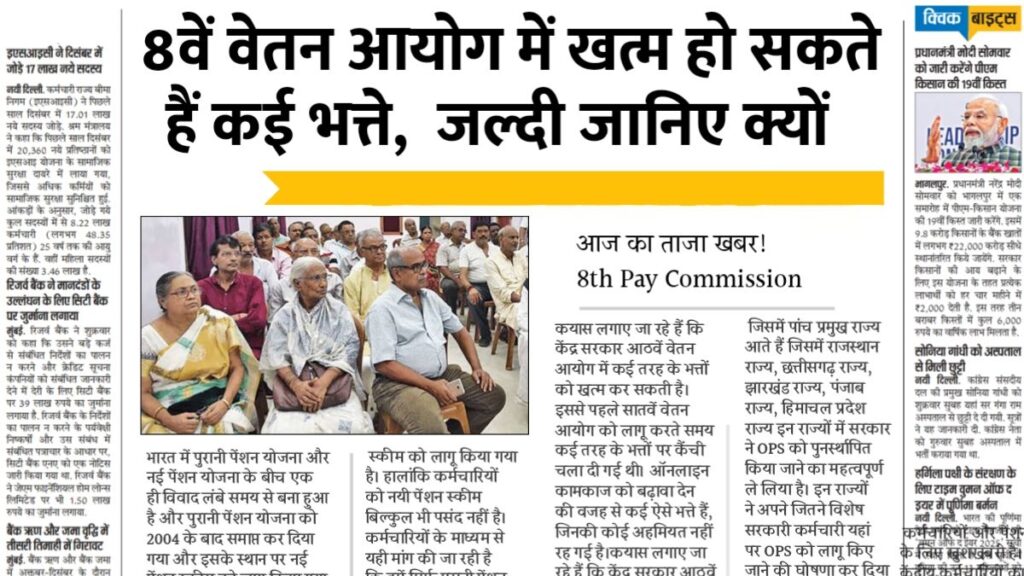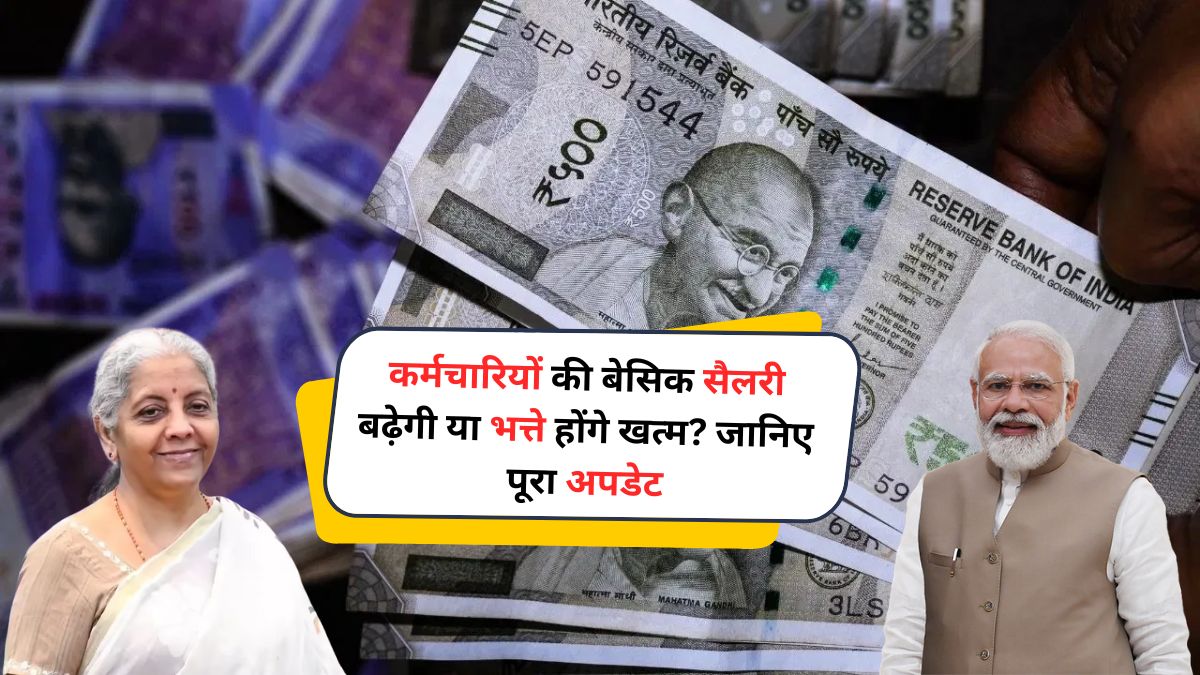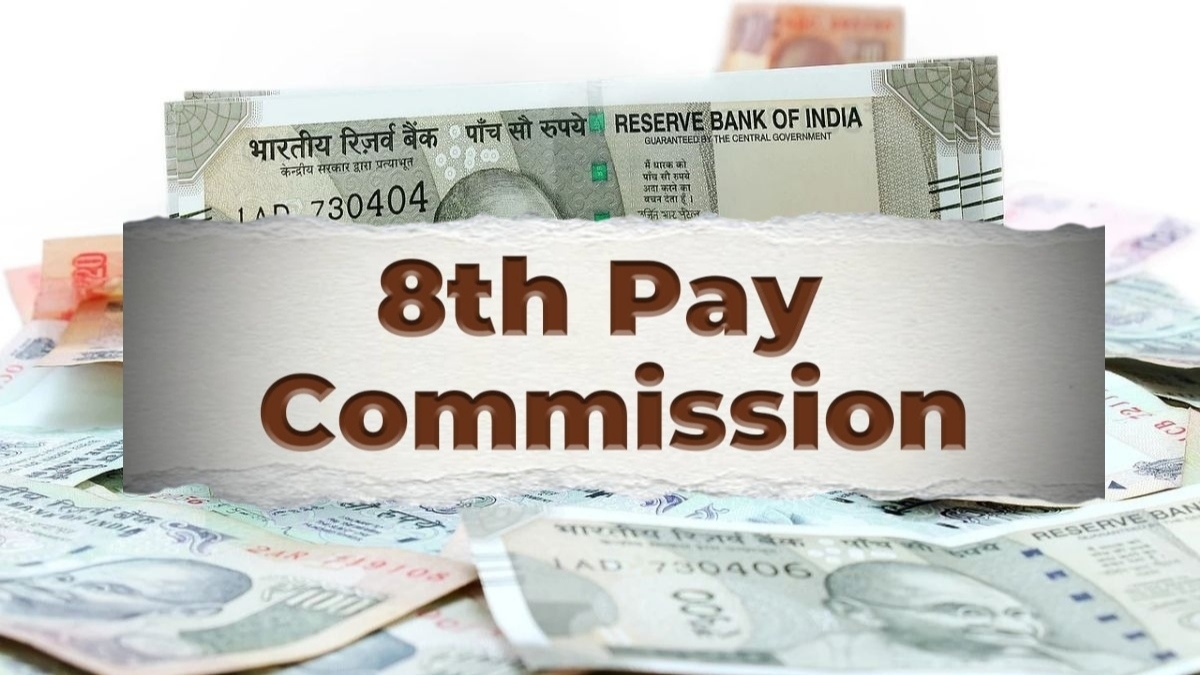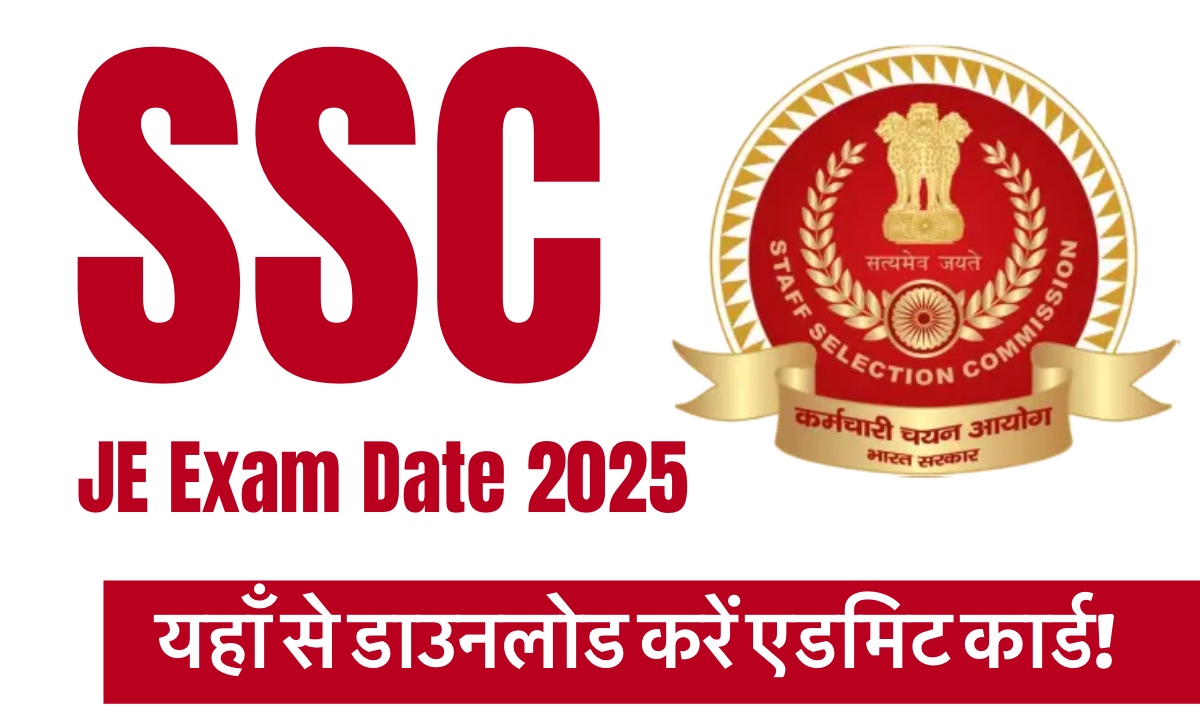The 8th Pay Commission 2025 is a highly anticipated development for millions of Central Government employees and pensioners in India. Typically, a new pay commission is set up every ten years to restructure salaries, pensions, and allowances for government workers.
The last revision—7th Pay Commission—came into effect on 1st January 2016. With almost a decade passed, employees are eagerly awaiting the implementation of the 8th Pay Commission. However, recent updates suggest a long wait ahead.
When Will the 8th Pay Commission Be Implemented?
Although the government has announced the formation of the 8th Pay Commission in 2025, the Terms of Reference (ToR)—which defines the scope and working of the commission—has not yet been finalized. Additionally, no official names have been announced for the chairperson or committee members.
Due to these delays, experts believe that the recommendations of the 8th Pay Commission are unlikely to be implemented before the end of 2027 or early 2028.
What Changes Can Be Expected in Salary and Allowances?
One of the major anticipated changes is the elimination of multiple smaller allowances, which may be merged into the basic salary. This is aimed at making the pay structure simpler, more transparent, and easier to manage.
This was also seen during the 7th Pay Commission, where many allowances were discontinued or merged into broader categories.
Key Expected Changes:
| Feature | 7th Pay Commission | 8th Pay Commission (Expected) |
|---|---|---|
| Implementation Year | 2016 | 2027-2028 (estimated) |
| Basic Salary | Existing structure | Likely to see direct hike |
| Allowances | Many were removed or merged | Smaller ones may be removed and merged into basic pay |
| ToR Status | Released on time | Still pending |
| Impact on Pensioners | Pensions improved | Likely to see similar increase |
Impact on Pensioners
Just like employees, pensioners are also hopeful of receiving enhanced pension benefits once the 8th Pay Commission is implemented. With inflation rising, any hike in pension would bring much-needed financial relief to retirees.
Employees’ Concerns and Expectations
With inflation and cost of living at an all-time high, Central Government employees and pensioners are under financial stress. Many are concerned that delays in forming and implementing the new commission could mean a 12-year gap between two pay commissions—breaking the traditional 10-year cycle.
This delay has sparked dissatisfaction and mounting pressure from employee unions and associations.

The Government’s Financial Challenge
While employees demand early action, the government faces the challenge of managing the financial burden. Implementing a new pay commission would require a significant increase in budget allocation to cover salary and pension hikes for millions of employees and pensioners.
Hence, the government must strike a balance between employee demands and fiscal responsibility.
Current Status of the 8th Pay Commission
- Announced: Yes (in 2025)
- ToR Finalized: Not yet
- Chairperson/Members Announced: No
- Implementation Likely: Late 2027 or Early 2028
- Key Change Expected: Increase in Basic Salary, Simplification of Allowances
Final Word
While the announcement of the 8th Pay Commission has brought hope to millions of government employees and pensioners, the lack of progress on its formation and official notification is causing anxiety.
If implemented as expected by 2027-2028, it could bring a significant increase in basic salary and a restructuring of allowances, offering long-term financial relief to employees and pensioners alike.
However, until the Terms of Reference is finalized and the commission officially constituted, the wait continues.
Stay Updated

For latest updates on the 8th Pay Commission, salary hikes, pension reforms, and government notifications, follow this page and bookmark us for regular news.
















